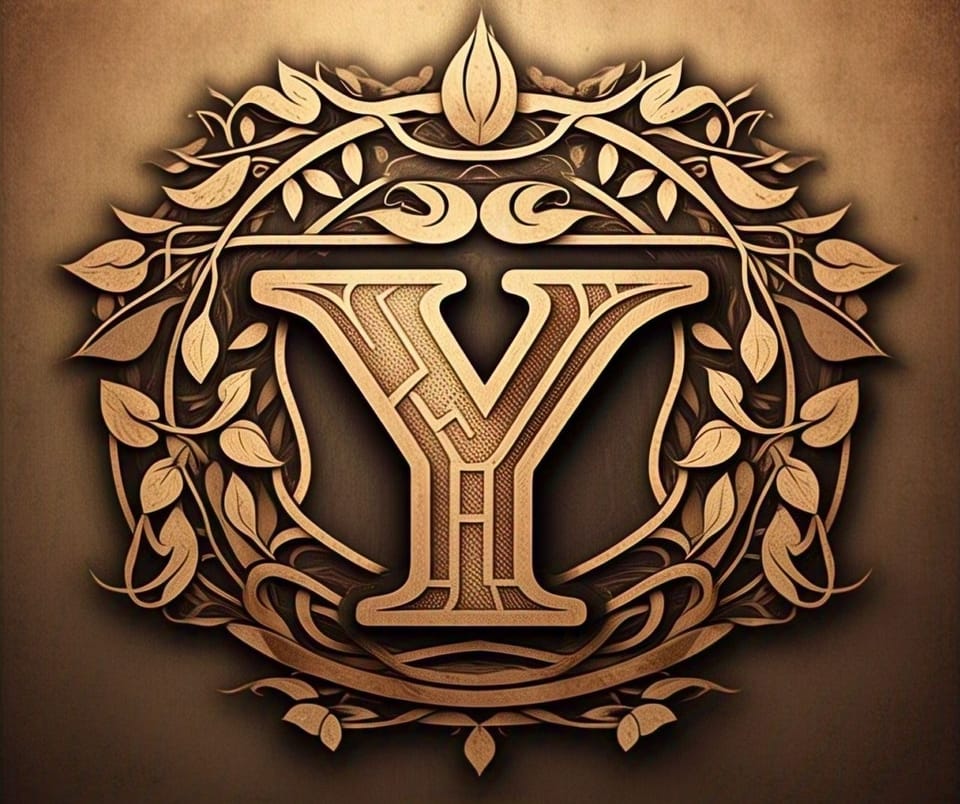Yorùdí - An Accessible, Downloadable, and Standardised Yoruba Dictionary

On July 21st 2013, I embarked on a Journey. To build myself a solution to a longstanding problem I had had. The problem was Yorùbá, my native tongue. I did not understand it, couldn't speak it, and had only just recently gotten a clue into how it worked.
At the time, I was reading a book called The History of the Yorubas, by the Rev. Samuel Johnson, and the first part of the book had unlocked an understanding I had been pursuing off and on for many years. It briefly described in clear terms how the Yoruba language worked, with examples. How words came together to form new words, how certain sounds combined or disappeared based on their properties, and why, for the life of me, I could never understand the language while I was treating it like English.
This new knowledge sparked an idea. Why not create a dictionary that treated Yoruba words according to Yoruba grammar? One where you could see a word, how it was composed, and the varying definitions it would have by tone-mark. I looked online for such a dictionary, but all I found were dictionaries that were making the same error that had held me back since I was a child - defining Yoruba words like they were 1-1 mappings to English definitions. As my Yoruba followers know, this is not in fact the case.
To make this project even more interesting, I decided that I would use another (programming) language that had recently piqued my interest and that I wanted to learn. That language was Scala - a modern programming language that is like a functional approach to Java, allowing you to script Python-like code and still execute seamlessly in the JRE. If you didn't understand anything I just said, that's okay. Just know that I wanted to learn a programming language called Scala.
With that in mind, I began designing my very own Command Line Interface or CLI for short. I did more research and found that there were other language dictionaries that dealt with a similar problem. There was a Chinese one, and a Japanese one, and they each leveraged the peculiarities of their own tongues. So I designed my CLI to do the same, and when I was done, I began adding words to my dictionary.
I added until I was tired of adding, then I added when I was inspired, then I stopped. But by this time, I had at least a small collection of words, and the tool worked. So I posted it on GitHub, hoping that others would see it and be inspired to contribute to it. They weren't... and over time I forgot about it... until this year.
Over a decade after I began this project, I got some interest. An organisation called Ile-Eko Yoruba had seen my project, and they wanted to use it. But it was still just a CLI, meaning that it had no front-end and could only be used from the command line.
So, motivated by their interest, I decided to expand my application. I built a basic REST API and a simple webpage to interact with the dictionaries. It's a very simple app, but right now I am so proud of it. I have seen my dream of a Yoruba dictionary from idea to fruition, and anybody can use or contribute to it!
Speaking of which, it is desperately in need of contributions. There are only so many words that one Yoruba illiterate can add. Below are links to the project and its front-end. Please use responsibly. 😁
